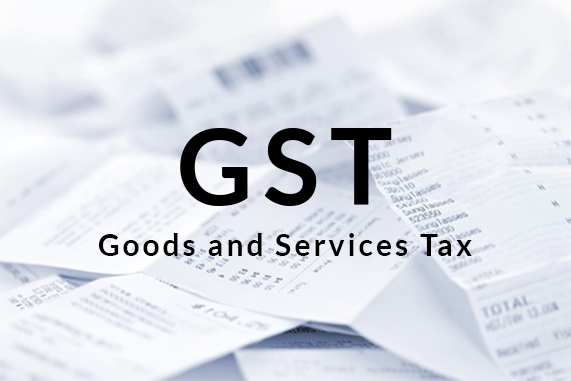It has been quite some time since GST has been implemented in India. The
main objective of the new tax regime was to make one tax system in one
nation. Let us look at the way goods and services tax has impacted business in
India.
Small and medium businesses
The central goods & service tax (CGST) and state goods & service tax (SGST) has been combined in the new tax system. According to the new system, all the companies that have a turnover more than 20 lakh (10 lakh in some states) have come under the GST scanner. Previously the tax exemption for the SMEs was 5 lakh while the new tax exemption is increased to 20 lakh. This has created a positive impact and generated lot of revenue for the government.
Ease of doing business has been increased as double taxation policies have
been removed. Tax burden on new business has been reduced and faster
delivery of the services has been the positive effects in the implementation of
GST.
How GST impacted real estate industry?
Real Sector is one of the most important sectors in India. GST has brought lot
of transparency and relief in real estate sector of India.
Under GST 12% tax has been levied which was 6.5% before GST tax. Due to
GST, the developer either has to bear high tax burden or will have to increase
the net price of the infrastructure to meet the new tax requirements. As the
ready-to-move-in projects are kept out of GST, developers can get some
benefit for the construction that are in initial stages. Cost of cement and other
building material has increased with the new tax system. So the impact has
been neutral in real estate industry because although some building material
prices have been increased but it has cut down additional costs and provided a
transparent medium.
Impact on automobile sector
Automobile sector is one of the most important sectors. This sector produces a very large number of cars and bikes annually. The central and state
government imposed several taxes like excise tax, road tax, VAT etc. under the
GST tax. GST has hugely impacted the automobile industry. The government
increased the tax from 15% to 25% on mid-sized vehicles. There is some good
news for the importers as they would be able to claim excise duty and VAT.
GST on the cars and bikes was set under the 28% mark. The overall result is
that the implementation of GST has reduced the cost of buying bikes and cars.
GST has resulted in a good growth in this sector.
How GST has impacted FMCG companies?
The GST has impacted FMCG companies very strongly. GST has made possible more purchase of FMCG products in the festive season. The FMCG companies like Pepsico, Dabur has generated lots of profit in the festive season. Companies have been dependent on the advertisement to boost their revenue during the non-festive season.
So in case you are looking for GST registration for selling of goods or services , consult BIATConsultant experts to guide you throughout the process and will get your GST number registered

